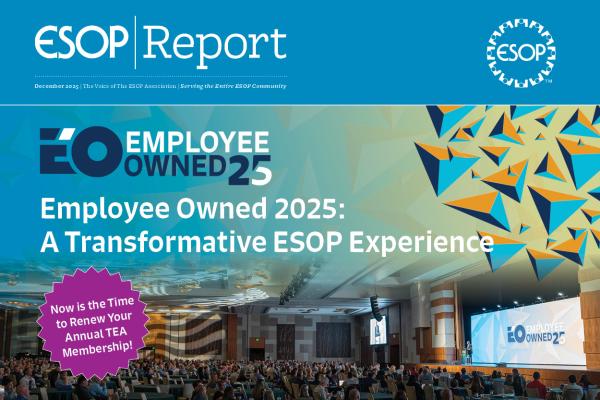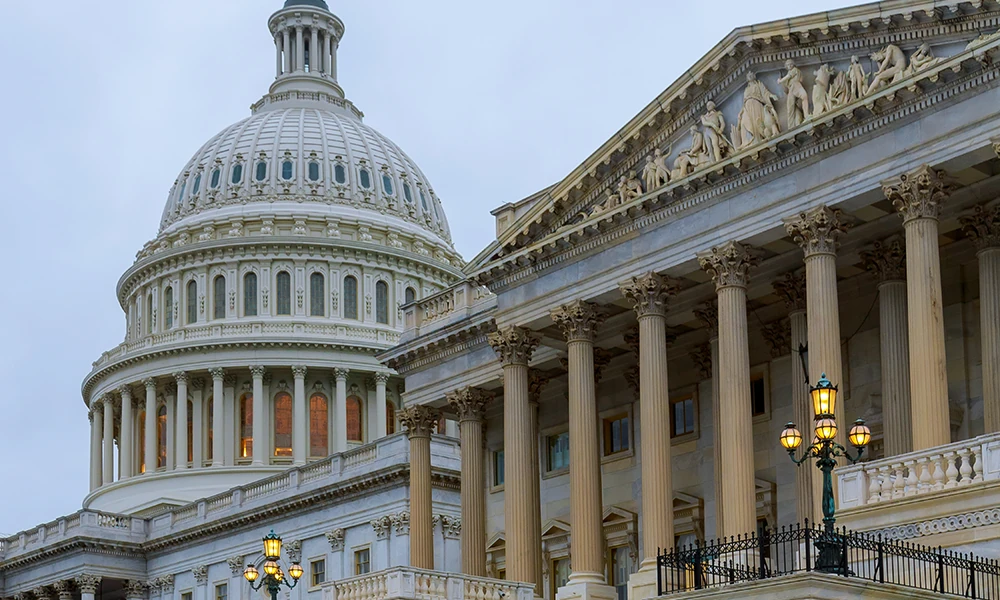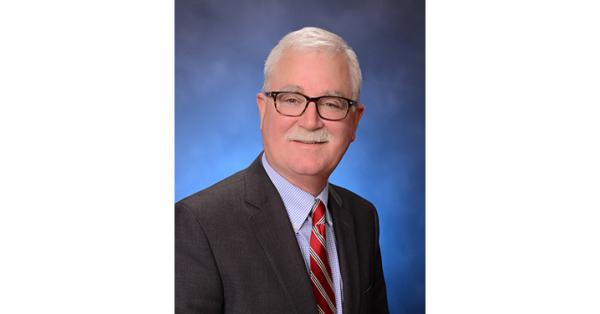One of the key things needed for effective advocacy is a considered and well-thought-out agenda. Over the past year, The ESOP Association’s Public Policy Council (PPC), first constituted in 2021, has been engaged in an organization-wide effort to identify and expand on our agenda. Input from TEA members was solicited online, via town halls at TEA conferences, at chapter events, and through TEA’s Public Policy Council. We are pleased to now release the results of this process.
As a first step, the PPC chose to define our advocacy mission. Public policy naturally has a broad definition, covering a wide spectrum of policy issues that affect private industry, and it also has different layers (federal, state, local). The first step was to create both a mission statement and a vision for TEA’s advocacy department to define the scope of our efforts. These statements were proposed, discussed, and approved by the TEA Board of Directors and will function as the guide for TEA advocacy efforts.
After collecting input, the PPC Executive Committee started working last summer on a series of policy papers outlining our core issues. This effort continued into the fall as drafts were circulated and discussed. Yet just as we were preparing to release our policy positions near the end of 2022, several key items we were working on became law! When Congress passed the SECURE 2.0 Act, three key ESOP policy priorities were included: a first-time expansion of the section 1042 deferral for ESOP S corporations; the creation of the Employee Ownership Initiative at the DOL to promote employee ownership; and the mandate to DOL for formal guidance on adequate consideration. Policy papers written on several issues became moot when President Biden signed SECURE 2.0 into law.
After review and approval by the TEA Board of Directors in February, our public policy agenda has become official, and you can find all our policy papers here. It’s important to note these should be considered “living” documents which can be updated as needed to assist policymakers, media, and other stakeholders. Collectively they will serve as a guide for TEA’s advocacy efforts in promoting legislation that addresses these priority areas.
TEA now has a clear direction and vision for its legislative approach in Congress. Alongside our just-released policy prescriptions, TEA is also:
- Working to implement the important SECURE 2.0 Act provisions TEA supported, including DOL’s mandate to produce a rulemaking on adequate consideration.
- Continuing to engage in landmark court cases with amicus briefs defending our membership’s interests.
The ESOP Association now fields a robust and multifaceted public policy agenda that includes legislative, regulatory, and legal elements – all generated, defined, and approved by our membership and governance structure. Please be sure to read our latest policy documents, and let us know if you’d like to get more involved in TEA’s advocacy efforts.
TEA Policy Papers
Access to Capital a Barrier to ESOP Creation
Limits on ESOP Contributions IRS Section 404 and 415
Lifetime Income Disclosure Requirement
Contract Assistance Program Eligibility for ESOP-Owned Companies
Regulatory Clarity from Department of Labor on Adequate Consideration
Advocacy Mission
To build and utilize the Association’s resources on behalf of its membership to effectively promote sound public policy at all levels that encourages the growth and enhances the function of existing ESOPs and incentivizes the creation of new ESOPs.
Advocacy Vision
To establish and maintain TEA as the united, effective public policy voice for all ESOPs and their trusted service providers in order to strengthen, grow, and advance employee ownership and its benefits.







